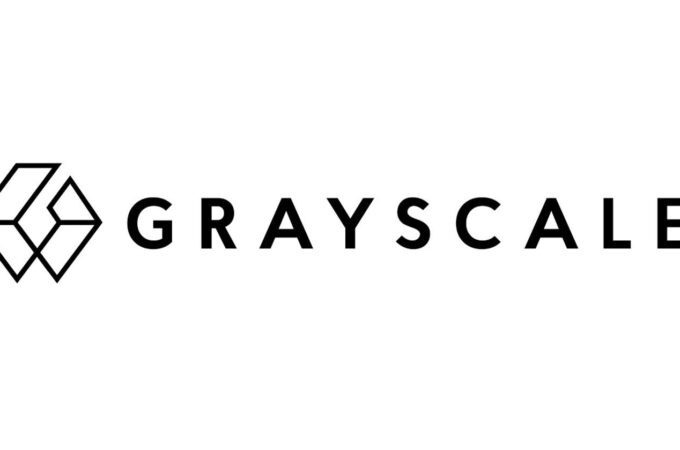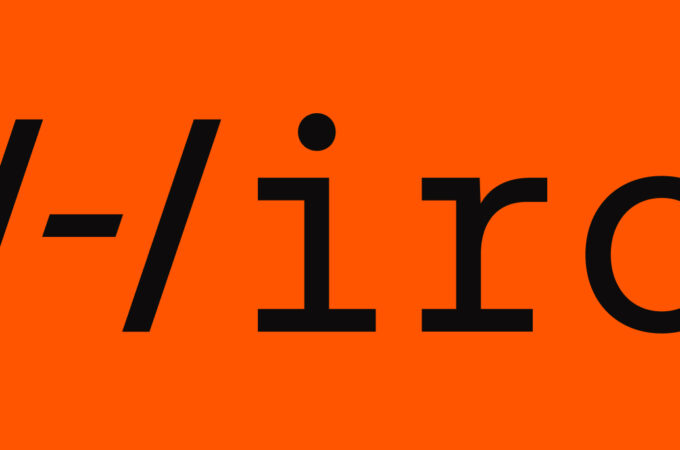
How Blockchain is Impacting the Financial Services Industry
The market for cryptocurrencies has recently experienced significant expansion, and it is currently worth trillions of dollars. All the possible applications for its underlying blockchain technology account for a large portion of its success. It makes logical that blockchain applications in finance are some of the most promising uses for the technology as digital currencies were the first to leverage blockchain technology.
Blockchain can be characterized as a decentralized ledger that records transactions, to put it simply. This fintech may provide financial service providers with a way to conduct business more quickly and affordably, with automated contracts, and with higher levels of security. Although there is still a long way to go before blockchain technology is widely adopted, many financial institutions are already utilizing it.
Blockchain Usage in the Financial Services Industry
Here are just a few of the numerous applications for blockchain in the financial sector:
- Transfers of funds,
- Increased transaction security,
- Automation through smart contracts,
- Storage of customer data,
Let’s examine how and why financial companies might utilize blockchains for the mentioned reasons.
Money transfers
Starting with Bitcoin (CRYPTO:BTC), blockchain technology was created to transmit money from one location to another decentralized one. Blockchain technology has advanced, enabling considerably quicker and less expensive transactions.
Ripple, a business that leverages blockchain technology for its RippleNet global payments network, is one well-known example. Transactions on RippleNet are complete in five seconds and cost only a few cents.
Blockchain-based financial organizations may provide more effective money transfers. These foreign money transfers, which may take hours or days, could happen quickly and without incurring expensive fees.
Added transaction security
Financial institutions are frequently the target of fraud. Particularly when they go through banks and payment processors, digital payments run the danger of having their information stolen. Such institutions should also consider a DeFi platform as DAO, which is a community-run DeFi network designed to return financial control to people through a decentralized and open environment.
Blockchains process and store transaction blocks using cryptographic methods. Financial institutions may be able to lower the level of risk when processing transactions by using this cryptography.
Automation through smart contracts
The introduction of Ethereum (CRYPTO:ETH) in 2015 marked a significant development for the blockchain industry. Smart contracts, or contracts that self-execute when the criteria are met, were first introduced on this blockchain.
Contracts play a significant role in the financial services sector, and businesses devote a lot of effort to them. This could be done much more quickly with a self-executing contract. A brief DeFi overview indicates that smart contracts play a key role in financial services becoming decentralized and, therefore, more secure, transparent, and quicker.
Smart contracts, for instance, might be used by an insurance provider to expedite the claims procedure. The codes built into the blockchain would automatically review any claims submitted by clients. The smart contract would execute and pay the client if it were valid.
Customer data storage
To stop fraud and money laundering, the majority of financial businesses must go through an identity verification process with their customers. This costs money and effort, but it is a necessary part of doing business.
Customer data might also be kept on a blockchain that is accessible to other financial companies as an alternative. A business would upload a new client’s data to the blockchain once the know-your-customer (KYC) procedure has been completed with that client.
Then, rather than going through the procedure alone, other businesses might access that KYC data. The client would also save time by not having to go through the KYC procedure each time they opened a new financial account.
Ways Blockchain Affects the Financial Services Industry
With its benefits, blockchain has the potential to significantly change the financial services sector. The key advantages of blockchain in finance are as follows:
- It might speed up the payment procedure. Many blockchains can settle transactions in a matter of seconds for fees of just $0.01 or less, saving both the financial institutions and the customers involved money.
- Financial organizations may benefit from cost savings on global transactions. By the end of 2030, it is anticipated that blockchain installations would have saved banks $27 billion on international transactions.
- Financial firms can utilize blockchains to retain records and disclose information to regulatory bodies because they offer a distributed, unchangeable record of transactions.
- Different kinds of financial services can be improved by using blockchain technology’s quicker transaction settlements. Vendors will receive payments earlier, lenders will be able to fund loans more quickly, and stock exchanges will be able to settle purchases and sales of stocks nearly instantly.
Financial Companies Using Blockchain
The finance sector has been adopting blockchain technology quickly. There are numerous financial firms that invest in blockchain stocks and/or advocate the usage of blockchains, ranging in size from smaller firms to the biggest names in the sector.
One of the biggest payment processors in the world, Visa (NYSE:V), was among the first significant financial institutions to use blockchain technology. Visa has utilized and improved it as follows:
- In 2015, a $30 million investment in Chain.com, a blockchain company, including Visa as a participant.
- It introduced Visa B2B Connect in 2017, a platform for global business-to-business payments that makes use of blockchain.
- To introduce bitcoin debit and credit cards, it collaborated with platforms and exchanges.
- In March 2021, Visa became the first significant payments network to settle transactions using cryptocurrencies.
An international bank called Barclays PLC (NYSE:BCS) has done a lot of studies on the application of blockchain technology in finance. It has put smart contracts to the test in the trading of derivatives like futures and options. The time it takes to put up these contracts may be reduced if stock exchanges started adopting smart contracts for derivatives. Additionally, the bank submitted a patent application in 2018 to streamline the KYC process using blockchain.
Barclays is one of the major banks that has invested in Fnality, a project that aims to produce digital equivalents of the US dollar and several other important currencies. Its objective is to use blockchain technology to facilitate quicker and less expensive transactions.
American Express (NYSE:AXP) is a financial firm that provides credit and charge cards, banking, and loans in addition to being a payment network. It has been working to incorporate blockchain technology into its well-known Membership Rewards program in recent years.
American Express developed its own internal blockchain in collaboration with the business Hyperledger, which it tested with the online grocery delivery service Boxed. With the aid of this technology, the retailer was able to award additional points depending on a number of variables, including the item purchased and the time of day. When a consumer completed a qualifying transaction, American Express credited them with points and charged the retailer via a smart contract.





